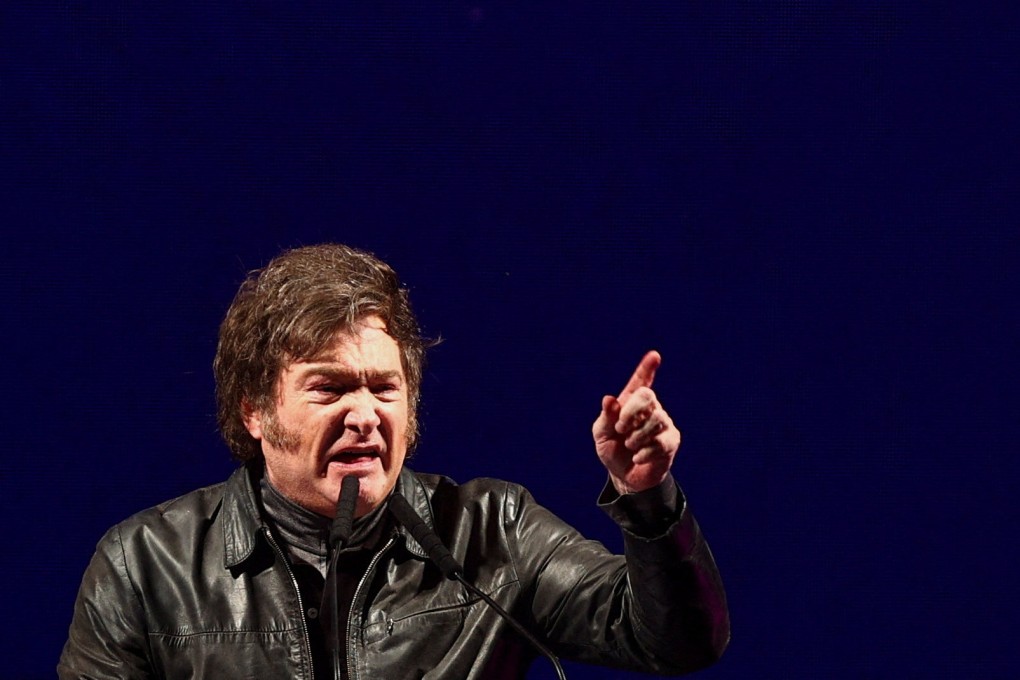Latin America split on Columbus and indigenous resistance, Spain’s colonial legacy
Argentina’s President Javier Milei posted on social media that the Italian explorer’s arrival introduced enlightenment to the region

An Argentine claim that European contact brought civilisation to the Americas has provoked rebukes from across Latin America, where heated debates often flare up over the era’s contested legacy.
Commemorating Christopher Columbus’ landing in the Americas on October 12, 1492, the office of Argentina’s libertarian President Javier Milei posted on social media on Saturday that the Italian explorer’s arrival introduced enlightenment to the region.
“It marked the beginning of civilisation in the American continent,” the post boasted, accompanied by a slick video set to triumphant music.
The post argues that Columbus “opened a new era of progress,” while many who agreed online pointed to human sacrifice as practiced by some native cultures as a clear example of cruelty European colonizers fought against.
Columbus’ arrival in the present-day Bahamas led to centuries of Spanish and Portuguese domination of a region stretching from much of today’s United States to near Antarctica.
The conquests and subsequent colonial experience have long generated impassioned debate. Many Latin American leaders now embrace a more critical view, acknowledging the abuses committed, including massacres, forced labour, and widespread looting.
